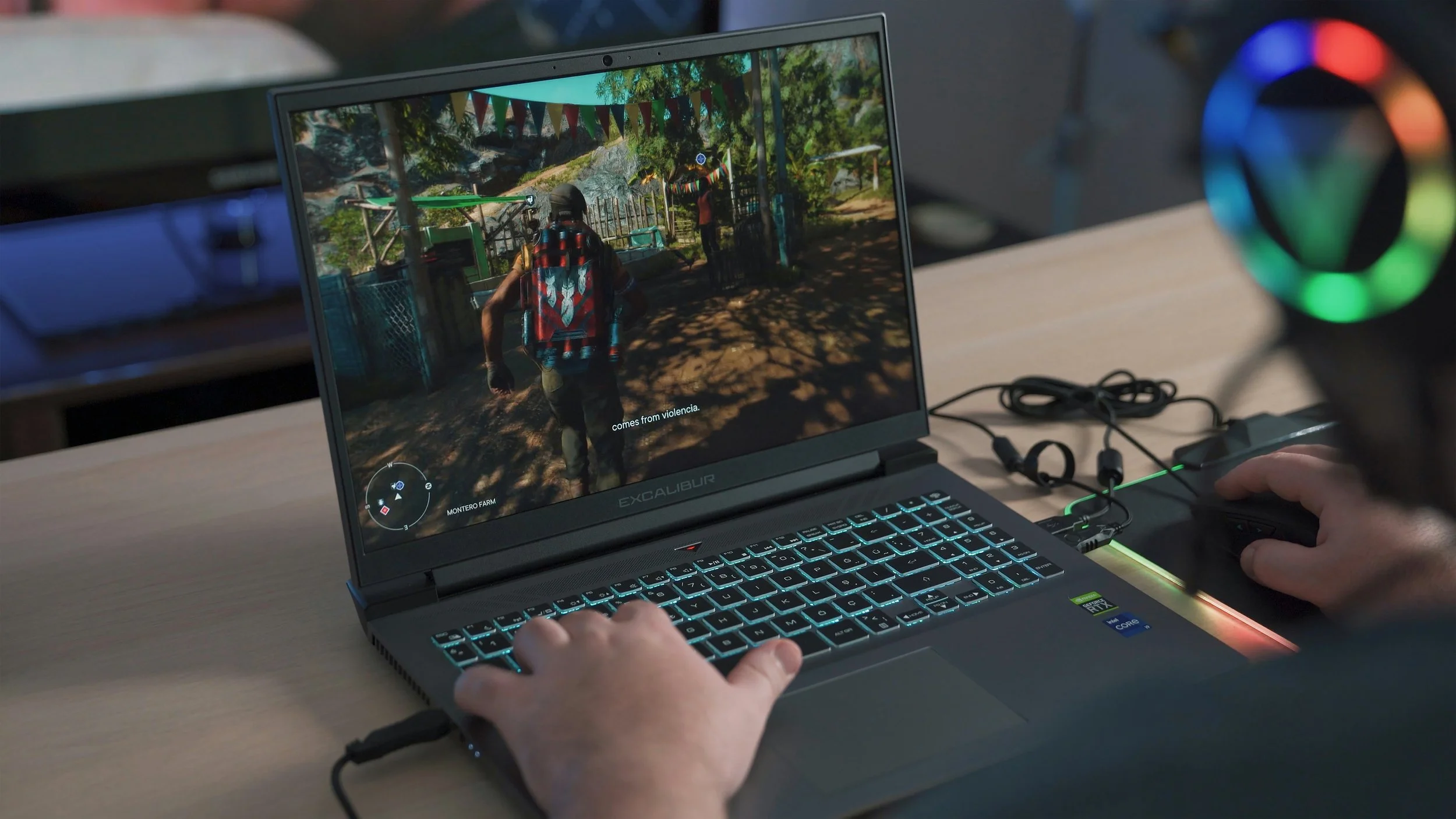The Growing Popularity of Esports in Ontario
/The Growing Popularity of Esports in Ontario
If you had told any avid gamer a few decades ago that video games would rival some of the most popular sports in the world in viewership, they would’ve likely laughed it off as a joke. Gaming was once seen as nothing more than a time-wasting hobby—it divided generations, was stigmatized as an antisocial activity, and went through eras of media backlash for its ‘violence’ and the supposed negative impacts it has on children. We’ve come such a long way since those days that we’re seeing esports available on platforms offering sports betting, leagues being formed for a variety of popular games, and a whole takeover of mainstream culture.
What Is Esports?
Esports might sound like it has to do with watching traditional sports online, but it actually stands for “electronic sports” and refers to competitive video gaming. Just like in traditional sports, however, competitors compete individually or in organized teams and in a specific game. It follows a similar structure to sports competitions, where teams on the local, national, and international levels play in championship events for both bragging rights and monetary gain. These professional gamers take on the role of an athlete, where they’ll train by developing their skills and strategies and potentially hire coaches to improve their craft.
Most of these esports tournaments are by no means trivial events, with the biggest prize pool in history at $40 million USD ($54 million CAD). And their players aren’t small fry, either, with Artour “Arteezy” Babaev, Canada’s most successful professional gamer, having won $2.5 million USD ($3.4 million CAD) from his tournaments.
What Has Contributed to Esports’ Growth in Ontario?
As a province, Ontario is known to be progressive in esports and various aspects of iGaming, such as sports betting and online gambling. It was the first to launch a regulated online gambling market, allowing private operators to provide these services legally so that people could enjoy online casinos in Ontario safely and easily. In turn, it also developed a legal framework for esports betting, recognizing it as a legitimate sport and changing perceptions in the public. Aside from government intervention, a handful of other factors have contributed to the growth of esports.
Developments in Technology
Although plenty of other provinces and countries have seen improvements in high-speed internet access and increased availability of gaming equipment for purchase, it seems that Ontario has capitalized more on these tech advancements. Ontario has leveraged that tech infrastructure and created its very own esports ecosystem through partnerships with tech companies, making gaming accessible to everyone. The province is home to a variety of esports associations and clubs, some attached to universities and colleges. These dedicated clubs have access to gaming labs and tournaments, encouraging players to develop their skills and enjoy a sense of community with like-minded people.
There’s even a privately financed esports entertainment facility being built in the major city of Toronto. It’s set to be a 7,200-seat facility that will serve as home base for the esports franchises of the financier—OverActive Media. OverActive Media owns two Toronto-based esports franchises: Defiant (Overwatch League) and Ultra (Call of Duty League).
Changing Perceptions of Gaming
Ontario alone is home to a variety of subsidiaries of global gaming giants, including Rockstar and Ubisoft, who have helped develop world-renowned franchises such as Grand Theft Auto, Max Payne and Assassin’s Creed. These highly immersive and renowned titles with beloved storylines and game mechanics have certainly played a hand in changing the perception of video games.
Today, video games, their characters, and their rich storylines are portrayed in mainstream media as a legitimate art form with more diverse genres and themes that resonate with a wider audience. More and more people recognize video games as a healthy outlet with cognitive benefits, and the industry has crossed over into other industries like fashion and music.
Social Gaming and Gaming Communities
Thanks to streaming platforms such as Twitch and Kick, as well as social platforms like Discord, gaming has become incredibly social—more so than traditional multiplayer modes have ever been. Professional gamers (or anyone else, really) can stream their gameplay live, while viewers can watch and interact with the streamer in real time. Platforms like Discord help build communities around various games, fostering that sense of belonging and connection among fans. This intensely social aspect of gaming is what helped develop esports into what it is today—a world-renowned, mainstream sport that attracts millions of players and fans.
Major Esports Events and Organizations in Ontario
Esports events are vast and varied in Ontario, with even the famous Canadian National Exhibition in Toronto hosting a sponsored annual esports tournament. The Bell Esports challenge has been going on for four years as of 2024, with the goal of developing an amateur community. It offers a $30,000 CAD cash prize for winning tournaments in Valorant, Call of Duty, and Overwatch—three of the most popular esports games, with the final match hosted at Fan Expo. There’s even the Canada Esports Arena hosted on Canada Day, offering Minecraft workshops, Fortnite Exhibition matches, and other tournaments.
What’s Next for Esports in Ontario
As the trajectory of esports is only surging upwards, Ontario is set to become one of the country’s leaders of esports tournaments, venues, and events. With its level of infrastructure and the integration of esports programs into cities and educational institutions, gaming will continue to be an important part of the cultural scene.















